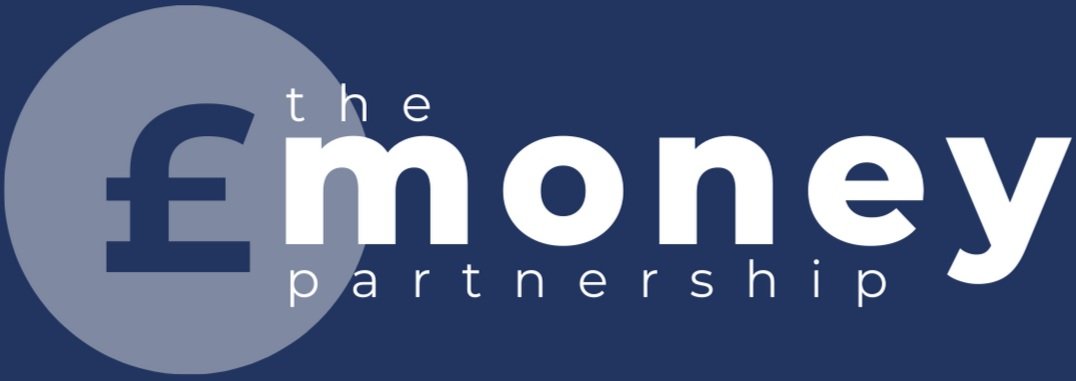how to escape the debt cycle
If you are experiencing money worries and you’re struggling with debt, there are changes you can make to improve your position. The first step towards tackling a problem is admitting you have one.
Take a look below at our tips on how to accept your situation and get out of debt….
Understand why you are in debt - Before you can make any changes, it’s important that you reflect on your current financial position and money habits. Are you an over-spender who is guilty of living beyond their means or has one bad decision had a rippling effect on your finances? Once you uncover the root cause of your financial problems, you can then focus on creating a realistic plan to turn things around.
Don’t put off repayments – It’s simple, the sooner you pay off your loan, the less interest you’ll have to pay. Try to avoid the temptation of taking out a new loan, especially those that offer affordable payment options or 0% interest (no credit cards are interest-free forever); you’ll only find yourself stuck paying higher interest rates when this promotional period comes to an end. Focus on your existing debt, paying off the higher interest loans first.
Create a budget plan - To stay focussed on paying off your debt you’ll need to create a budget plan. Start with how much money you make, then review your outgoings breaking them up into essential and non-essential categories. Just from doing a simple audit of your last month’s bank statement, you may identify subscriptions or memberships silently draining your bank account. Once you’ve identified all your costs, work out the gap between this and your income. Is the amount bigger than you thought? Have you managed to identify where you’re wasting/losing money? Next month, stick to your budget plan, track your spending more carefully and if you manage to save comfortably a few months in a row, think about increasing your monthly repayment amount.
What do you want to achieve? - Paying off accumulating debt may feel like an impossible task, but with hard work and perseverance you’ll do it! Whilst you may need to make some unwanted changes to your lifestyle in the short-term, it will be worth it when you’re finally relieved of all your debt and you have a healthier relationship with money. Keep reminding yourself of what you want to achieve whether it be to pay off your mortgage, build a savings fund to go on holiday, or simply live every day without the constant worry of making ends meet.
Create an emergency fund – Even if it’s a small amount each month, start putting money aside into a savings pot (if you haven’t already). We’ve mentioned how important it is to pay off your debt sooner rather than later, but just as important, you need to ensure you have enough money to cover any unexpected costs that arise so that you don’t resort to taking out an additional loan.
Consolidate your debt - If you’re feeling overwhelmed with multiple debts to repay, this may be a suitable option for you. Through consolidating your debt into one large loan, you can make managing your repayments a simpler task. Potential benefits include more disposable income, improved credit and less financial stress! Though your monthly repayments could be far lower, you should know that consolidating your debt means you could be paying over a longer period of time.
We hope you managed to take something from our tips and guidance above. If you would like active support to improve your financial position, our money mentoring program ‘financial fitness’ might be of interest to you. For any other enquiries, feel free to give us a call on 01633 987070
